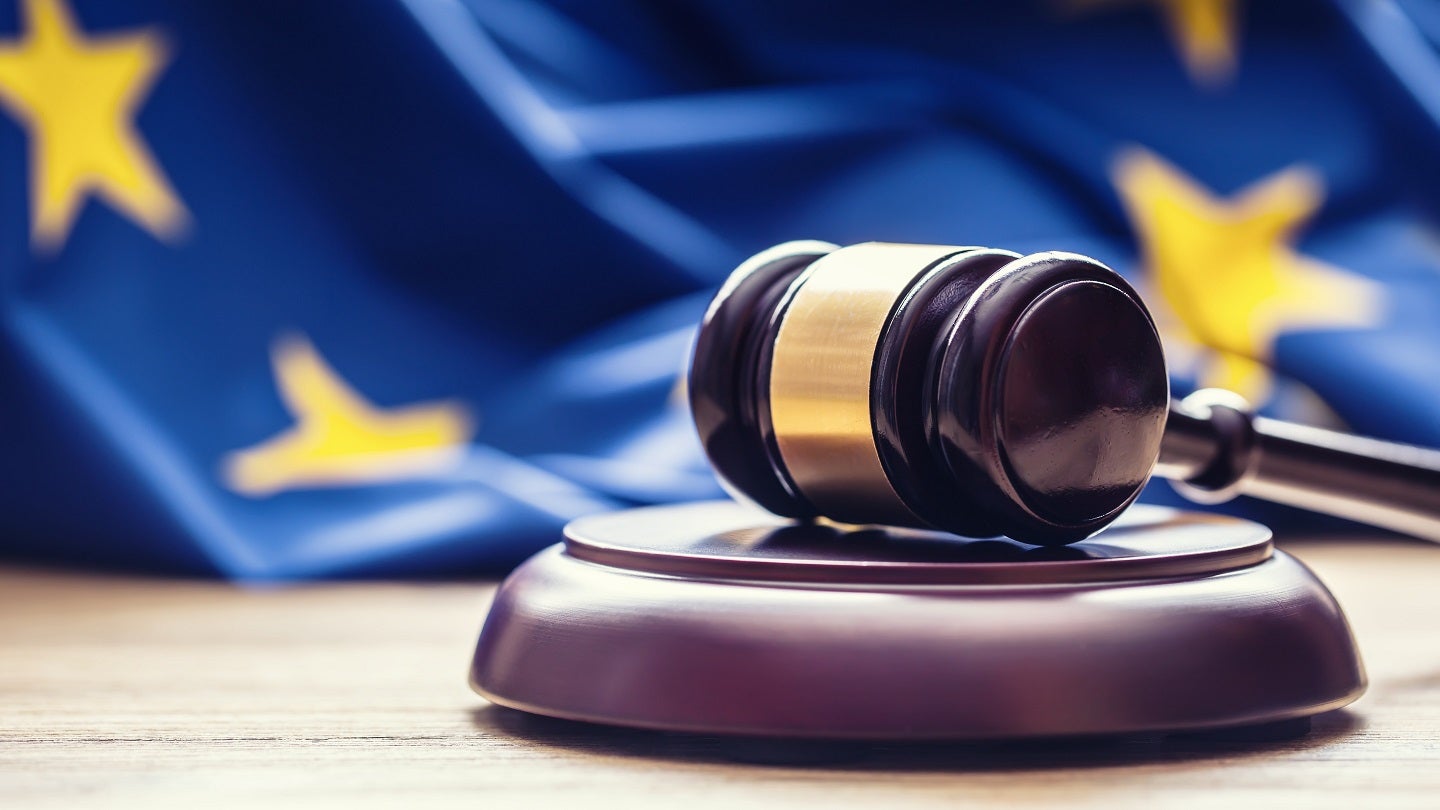
A European Union court has upheld a €13bn ($14.4bn) tax bill for Apple and a €2.4bn fine against Google for market abuse.
This decision aligns with the EU’s continued crackdown on Big Tech’s competitive practices and tax arrangements.

Access deeper industry intelligence
Experience unmatched clarity with a single platform that combines unique data, AI, and human expertise.
In case of Apple, the EU Court of Justice in Luxembourg upheld the European Commission’s 2016 finding that Ireland gave Apple illegal state aid, granting the company an unfair tax advantage.
The Commission’s investigation revealed that two Irish tax rulings had allowed Apple to lower its tax burden since 1991, which it deemed a misapplication of Irish tax laws.
Consequently, Ireland was directed to recover up to €13bn from Apple.
In 2011, one of Apple’s Irish subsidiaries reported profits of around €16bn, but due to tax rulings, only about €50m were subject to tax in Ireland.

US Tariffs are shifting - will you react or anticipate?
Don’t let policy changes catch you off guard. Stay proactive with real-time data and expert analysis.
By GlobalDataThis resulted in the subsidiary paying less than €10m in taxes, translating to an effective tax rate of roughly 0.05% on its annual profits.
An Apple spokesperson, as reported by Bloomberg, said: “We are disappointed with today’s decision as previously the general court reviewed the facts and categorically annulled this case.”
In a statement, EU antitrust chief Margrethe Vestager said: “The Commission will continue its work on harmful tax competition and aggressive tax planning. Both in terms of legislative proposals and enforcement. We will implement what we have decided.”
Simultaneously, the same court upheld a separate ruling that Google had abused its search engine’s dominant position by favouring its own product listings, known as “Google Shopping,” over those of its competitors.
This decision confirms the Commission’s stance on Google’s anti-competitive practices.
“We are disappointed with the decision of the Court, which relates to a very specific set of facts,” a Google representative was quoted by AP as saying.
For Google, Vestager said: “The Google Shopping case set a precedent and paved the way for further regulatory actions, including the Digital Markets Act (DMA) of the European Union. In essence, the Google Shopping case was a catalyst for change, inspiring a more vigilant and proactive approach to regulating big tech and ensuring a fairer digital marketplace.”







